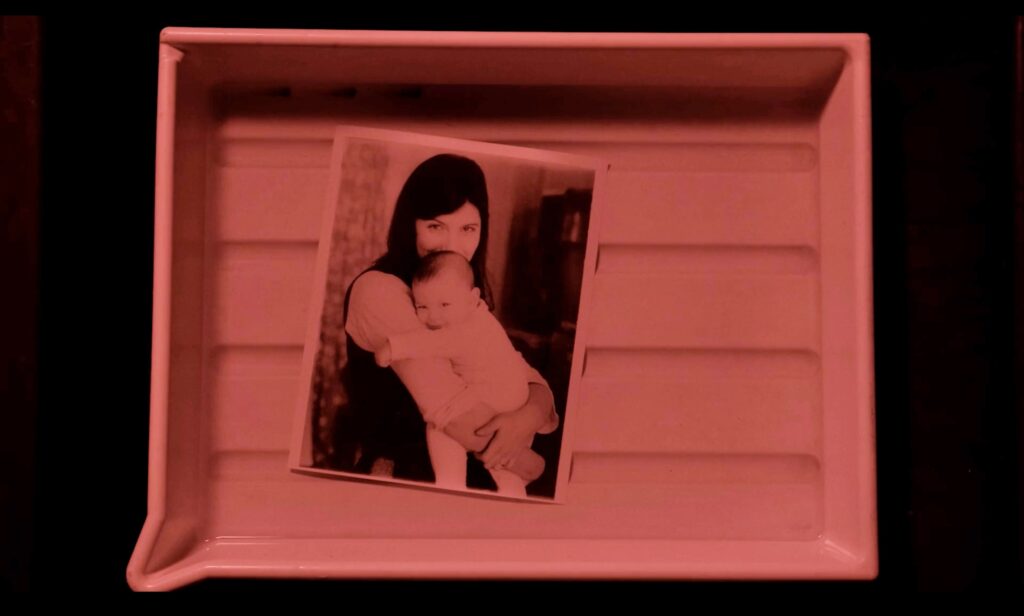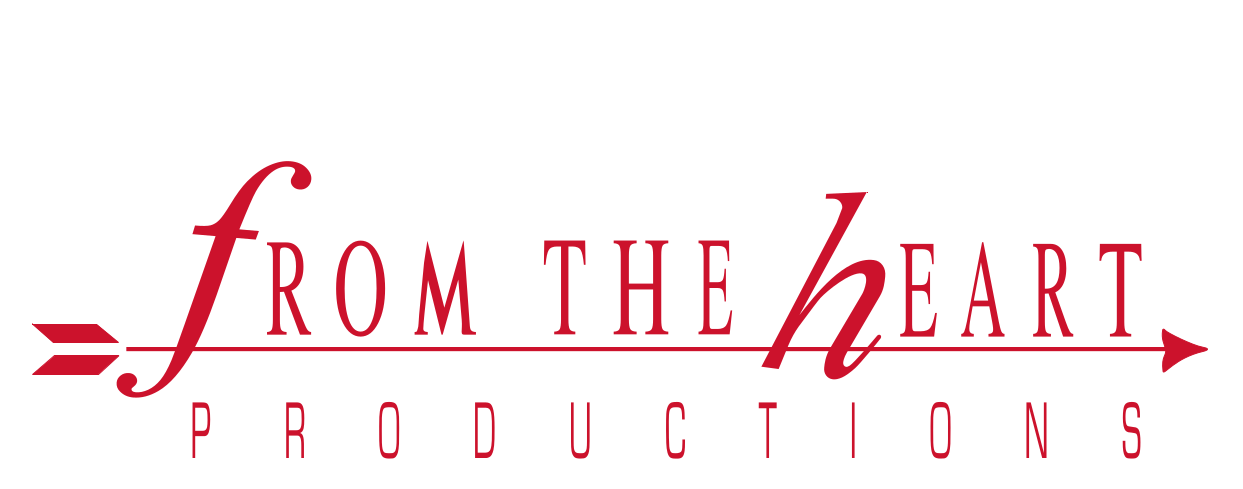“People Respond to Passion” – Roy W. Dean Grant Winner Shares Her Journey to Fund and Complete her Documentary “A Photographic Memory”
by Carole Dean
In a landscape teeming with creative endeavors, securing financial support for cinematic projects demands not just artistic vision but also strategic prowess. From navigating grant applications to cultivating personal connections with potential investors, the journey to funding can be as intricate as the films themselves.

Rachel Elizabeth Seed, a director and producer whose work spans film, photography, and writing, offers invaluable insights into the world of film funding. Her documentary “A Photographic Memory” which is a poignant exploration of familial connection through archival materials, has been supported by prestigious institutions like the Sundance Institute and the Roy W. Dean Grant.
In my interview with Rachel for The Art of Film Funding Podcast, she shared her inspiring journey which serves as a beacon of inspiration for aspiring filmmakers grappling with the complexities of financing their visions.
The Genesis of “A Photographic Memory”
Rachel’s foray into filmmaking was catalyzed by a deeply personal quest—to unravel the enigma of her own familial heritage. As a photographer and curator at the International Center of Photography, she found herself drawn to her mother’s legacy, a figure shrouded in mystery due to a lack of memories of her.
The serendipitous encounter with Sheila Turner Seed’s archival recordings laid the foundation for “A Photographic Memory,” a cinematic odyssey delving into the essence of familial bonds and the resonance of archival artifacts.
“When I heard her voice for the first time since I was a baby, when I listened to her interviewing photographers through her work, I just had a flash,” Rachel remembers. “I felt like I was in the room with her and the photographers in the 1970s, and all of a sudden I got this insight that time doesn’t really exist and that I was able to time travel and be with her.”
“It felt so real to me that I felt like this is something I have to share with people – this experience,” she explains. “I have to explore it and understand how close I can get to her through all of the essence of her that was left in all of her work.”
The Fundraising Odyssey: Strategies and Challenges
A photographer by training and experience, Rachel realized early on that telling this story required making it into a documentary. But, she had never made a film.
“I literally remember googling, how do I write a documentary treatment?, she recalls. “And I looked up budgets. I knew one other filmmaker at the time, now I know probably hundreds, but at that time it was just one. And so I really started from zero.
“I hadn’t gone to film school, and I just was like, well, I have to figure this out – this thing came to me and it needs to be a film, so how do I do this?”
Seed meticulously curated her grant applications, weaving a compelling tapestry of storytelling that resonated with funding institutions. However, she emphasizes the importance of discernment in grant applications, cautioning against the indiscriminate pursuit of funding opportunities without aligning with the project’s essence.
Building Relationships with Grantors
“I think so much of the time, it is about relationships and it’s about really understanding who you’re asking for funds from,” she advises, “and understanding what’s important to them and their organization and seeing if you’re really aligned.”
She adds that while there are many factors to take into consideration when applying for a grant, one of the most important ones is honestly knowing people.
“I mean, I know when I applied to your grant, Carole, you didn’t know me at all, so that was lucky on my part.
“But for some of the grants, it really helps if you meet the people in person who are granting before you apply, if you reach out by email or call and make a personal connection so they’re aware of your project, or if you have someone on your team who is established and has a track record so they know that the risk they’re taking is going to most likely pay off.”
In addition to grants, Rachel harnessed the power of crowdfunding platforms like Kickstarter, engaging with a global community of supporters passionate about her project. The success of her crowdfunding campaign underscored the pivotal role of audience engagement in the filmmaking process, transforming backers into stakeholders vested in the project’s success.
Navigating the Filmmaking Landscape: Lessons Learned
Her emphasis on the human element in fundraising underscores the transformative power of personal connections, transcending the confines of traditional grant applications to engage with funders on a visceral level. By imbuing her proposals with a palpable sense of passion and purpose, Rachel captured the imagination of funders, transforming abstract narratives into tangible investments in cinematic storytelling.
Moreover, her journey underscores the importance of resilience and tenacity in the film funding and filmmaking process. Very rarely did she get a grant on the first try.
“With Sundance, I’d applied a couple times before we got the grant, but one of my producers had been to the producing lab at Sundance, and when she came on board my film and then we applied again. They didn’t just say yes. There was a very long, probably months long process of intensive interviews where they were getting to know me because they knew her, but they didn’t know me.
“We had a long interview on the phone. It was very challenging. It wasn’t just an easy send in your grant and then get a green light.
“They had to meet me at the Story Lab and go through the whole process there. And then they still didn’t even have an answer. And then a few months later, they told me I got the grant, and then after that, they invited me to pitch at the festival.”
The Power of Community Screenings
Beyond the realm of traditional film distribution, Rachel recognizes the transformative potential of community screenings as a vehicle for social engagement and dialogue. By engaging with diverse communities—from photography enthusiasts to those grappling with the loss of a parent— it amplifies the impact of “A Photographic Memory.”
Through strategic partnerships and outreach initiatives, Seed aims to connect with audiences to embark on a collective journey of introspection and discovery.
“Now that I’m in the phase of getting the film out there,” she says, “I love connecting with communities. They’re kind of endless possibilities because if you think about how many photo programs are there in the world, there’s got to be thousands, and people love photography.”
Seed’s vision for community screenings extends beyond the confines of traditional exhibition spaces, encompassing educational institutions, cultural centers, and grassroots organizations.
People Respond to Passion
Discovering the story of her mother and her early relationship with her by making this film, not only changed her life. It impacted the lives of those who viewed the film as well.
“It was so personally challenging what I went through to make the film emotionally,” she reflected. “At the end of it, I did get a relationship with my mother that I never had. And I love more than anything that people are seeing that possibility for themselves because it’s shocking to me how many people in the world have lost a parent or lost a parent young or somebody very close to themselves.”
“People respond to passion. And if you don’t fully believe in your project or whatever you’re doing, whether you’re a filmmaker or any other profession, people are going to sense that and they’re not going to come along for the ride.
“I don’t think passion is something you can just invent or just pull out of thin air. But if you are passionate about what you’re doing and you do feel like it’s inevitable, then I think you’re in the best position to get it done.”
Carole Dean is president and founder of From the Heart Productions; a 501(c)3 non- profit that offers the Roy W. Dean Film Grants and fiscal sponsorship for independent filmmakers.
profit that offers the Roy W. Dean Film Grants and fiscal sponsorship for independent filmmakers.
She is creator and instructor of Learn Producing: The Ultimate Course for Indie Film Production. Essential classes for indie filmmakers on how to produce their films.
She hosts the weekly podcast, The Art of Film Funding, interviewing those involved in all aspects of indie film production. She is also the author of The Art of Film Funding, 2nd Edition: Alternative Financing Concepts. See IMDB for producing credits




